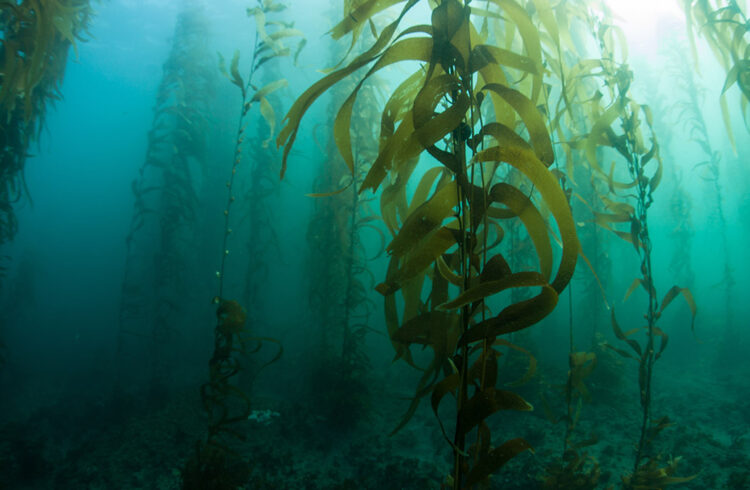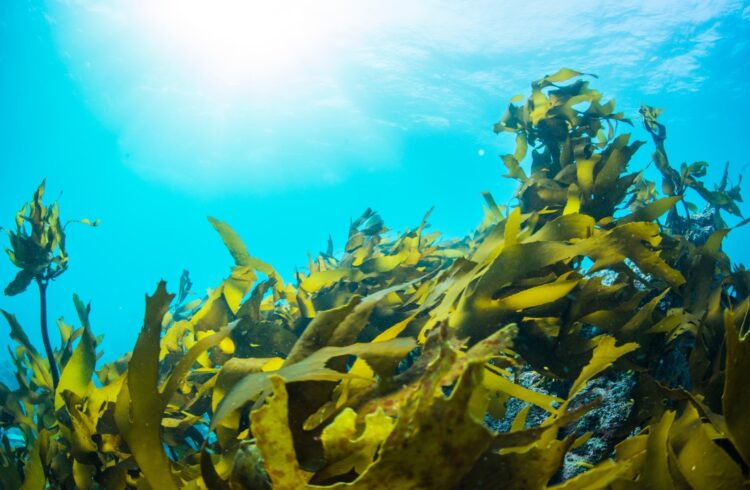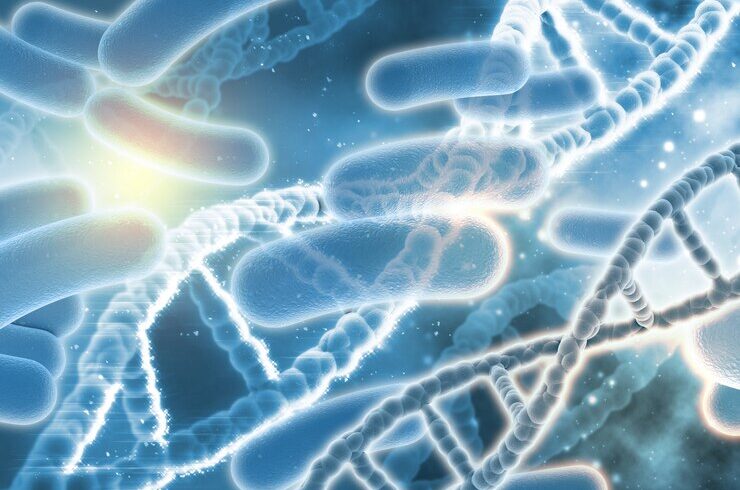Chemotherapy, which is considered one of the fundamental treatments for cancer, unfortunately, does not yield effective results when used as a standalone treatment. Hence, in this blog, I aim to examine the potential of fucoidan in boosting the efficacy of chemotherapy and its potential in mitigating the growth of cancer cells. I would like to […]
Category: Fucoidan Research
Seaweed polysaccharides have garnered considerable attention as a rich and valuable resource that has been extensively researched. Their potential applications in biology, biomedicine, and functional food have been thoroughly investigated, leading to significant advancements in these fields. Their utilization as drug delivery systems has shown great promise, further contributing to the progress being made in […]
The incidence of type I hypersensitivity has been on the rise in recent years, showing a consistent upward trend. The allergies that we are most familiar with, such as hay fever, allergic dermatitis, hives, and bronchial asthma, are classified as Type I allergies. Hence in this blog, I would like to inform of you the […]
Endothelial cells, found as a single layer lining the luminal surface of blood vessels, play crucial roles in maintaining vascular tone, preventing the formation of intravascular thrombus, and safeguarding against the onset of arteriosclerosis. When endothelial cells are exposed to strong contractile substances, they produce and release factors that exhibit strong vasodilatory effects (NO, prostacyclin, […]
The development of multiple metabolic diseases is heavily influenced by insulin resistance (IR), which not only contributes to increased morbidity and mortality but also results in significant healthcare expenses. In recent years, there has been a growing focus on deep ocean water (DSW) and fucoidan (FPS) due to their promising potential in the medical and […]
Seaweeds contain a multitude of components that have been found to have beneficial effects on the mammalian gut microbiota. These effects include an increase in bacterial diversity and abundance. According to recent studies, diseases like inflammatory bowel disease, immunodeficiency, hypertension, type 2 diabetes, obesity, and cancer are often linked to imbalances in gut bacteria. The […]
Docetaxel, paclitaxel, and cabazitaxel are taxane-based chemotherapies that are commonly used in cancer treatment, but despite their effectiveness, cancer cells tend to develop resistance to these drugs over time, ultimately leading to reduced cancer survival rates and increased chances of recurrence. By inhibiting the function of microtubules, Docetaxel effectively disrupts the process of cell division […]
In this blog post, I will be sharing the study conducted by Guang Yang et al. on “Antitumor activity of fucoidan against diffuse large B cell lymphoma in vitro and in vivo“. The study includes the key findings from their research. B-cell lymphoma, known as DLBCL, is a form of cancer that specifically targets B […]
In the following blog post, I will be focusing on the effects of fucoidan specifically on Oral Squamous Cell Carcinoma (OSCC). The study, “Antitumor Effects of Fucoidan Via Apoptotic and Autophagic Induction on HSC-3 Oral Squamous CellCarcinoma” by Pathanin Chantree et al., revealed that fucoidan can suppress the growth and proliferation of HSC-3 oral squamous […]
The polysaccharides found in seaweed are known for their exceptional potency and diverse composition. In this blog, I would like to introduce the research from a study, “Investigation of effects of fucoidan polysaccharides extracted from two species of Padina on the wound-healing process in the rat” by Moazameh Kordjazj et al. The purpose of this […]






